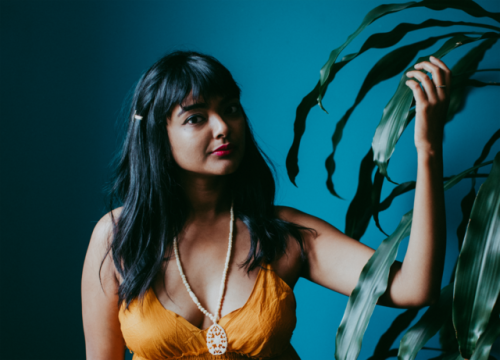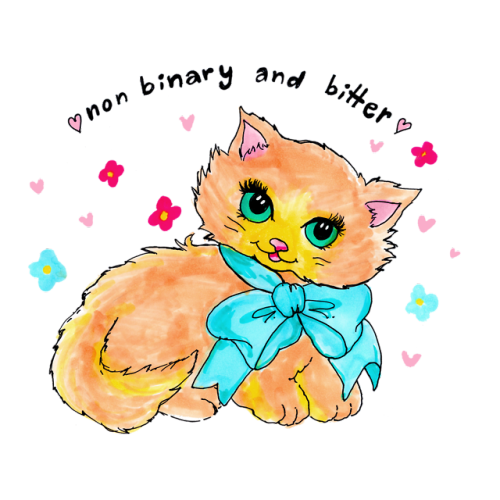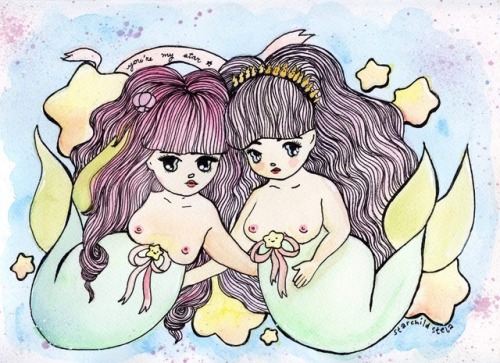#queer femme
Why Changing My Name Is a Celebration of My Identity, My Past, and My Future
Our name is our first home in the world.
My birth name, Tanwi Nandini Islam, is laced with meaning and history. Tanwi, in Sanskrit, means the “epitome of femininity,” a youthful intention that my parents drew from a line of poetry; Nandini is a name for the goddess Durga and also means “daughter.” And Islam (which needs no introduction, but given the state of affairs, let’s remember) means “peace.” My grandfather bestowed this last name on his three sons, but not his daughters: a display of piety and being in fashion with other Bangladeshi Muslims of his era. Islam is a name that reveals more than the religion of my family. It is a unique marker of my Bangladeshi-ness — a name that others in the Muslim world don’t carry as a surname.
From the very start of my life, my name announced my gender and religion. Tanwi Nandini Islam, in its femininity and its religiosity, is a name corseted tight with meanings. But you’d never know that from my life growing up in the South, Midwest, and the suburbs of New York. I went from Toni to Tawny in a New York accent within a decade, where none of my close friends, except for Bengali ones, knew how to actually say my name. My name never felt like mine, from the minute when my white first grade teacher at Robert E. Lee Elementary school, a lover of those orange peanut butter sandwich crackers, pointed at me with her dusty neon fingers and drawled, I’m just gonna call you Toni, okay?At age five, I wondered silently if Toni could be a girl’s name. I didn’t protest and accepted her racist misnaming. I didn’t know then that teachers could be wrong.
A few months ago, I found myself on a list of Muslim women writers on #MuslimWomensDay. I experienced several simultaneous, opposite and intense reactions — I am not a practicing Muslim and I love the other writers on this list. Why are assumptions being made as to my religion and gender? Do these markers make my writing more interesting or more vital? Collecting us all into the category “Muslim woman writer” is perhaps something that empowers and brings comfort to plenty of people, but for me, it feels imprecise and inadequate. And I don’t see my questioning as turning my back on the person I am or where I’ve come from: Among the believers, there are the questioners, and the disbelievers, too. We are not a monolith.
I consider the word “woman” an approximation; a deeply limited way to describe the skin I’m in. Contradiction is part of what defines diaspora, a word that means to scatter or to sow like seeds. It’s hard to describe the dissonance between how my body reads as woman but how my mind is free of limitation and categorization. The gender we are assigned at birth can never capture our true complexity. As much as I’ve tried to find words to pinpoint a desire or an expression of myself — femme, queer, bisexual, pansexual — no one word resonates. They are all true and untrue.
Part of my evolving consciousness as a writer means that I accept the tension between my mind and my body. Whereas I’d spent the last 30 years making a home for myself in the name I’d been given, I have come to want — rather, demand — that my writing become my liberation space. Writing is where I can take up room with imagination and intellect. Women and queer, trans, and nonbinary people have been denied the freedom to share our thoughts and discoveries for millennia. Writing is a sacred place to validate our present existence and eons we’ve never known, but somehow remember in our bones.
Tanaïs, the name I have given myself, is a portmanteau of the first two letters of my three names — a name that came to me after appearing on that list as a Muslim woman writer. I wanted to find a meridian between identities that honor where I’ve come from and where I am headed. When my parents named me, they made a choice to honor the Hindu and Muslim traditions that run through our country, like rivers that flow from the mountains in India through the plains of Bangladesh; like the blood shed when we divided South Asia along the narrow lines of faith. Tanaïs is a renaming where patriarchy and lineage and gender and religion are dissolved. This is a liberatory, liminal space that honors my multiple experiences as a queer, femme, Muslim, Hindu, Bengali, American diasporic being, free to imagine worlds on my own terms.
Post link



